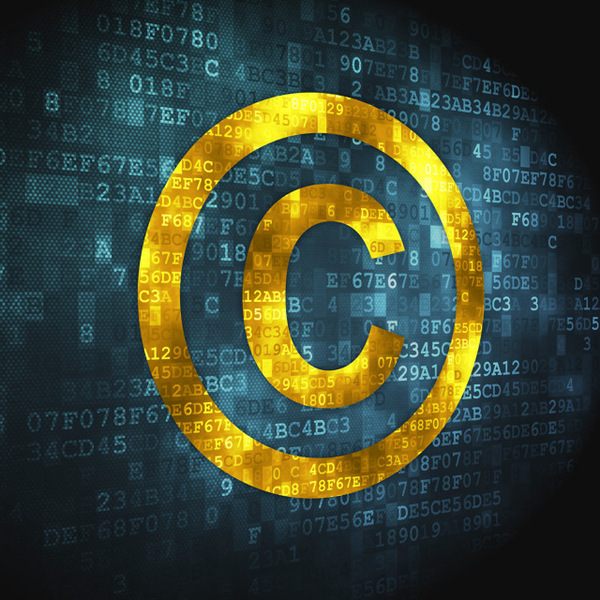Asian News International (ANI) recently sued Openai to the Delhi High Court on the grounds of copyright infringement, accusing OpenAI illegally using its news content training AI model and generating false information. This has attracted widespread attention, or it may set a new legal benchmark for how artificial intelligence companies handle the content of news copyright. The case involves complex copyright and AI technology issues. The court has not issued a ban and plans to appoint independent experts to conduct consultation to further clarify the copyright impact of public content using the AI model.

During the trial on Tuesday, the judge had issued a subpoena to Openai. Openai argued that he had no server in India, and the copyright law did not protect the facts. ChatGPT also allowed websites to choose to withdraw from data collection. ANI refutes that public availability does not mean that the content can be used at will, and emphasizes that the false information generated by ChatGPT causes damage to its reputation. There are obvious differences between the views of the two parties, and the final judgment of the case is worth looking forward to.
A spokesman for Openai said that the company attaches importance to cooperation with news agencies and is actively cooperating with many news institutions around the world. However, this case also highlights the increasing pressure faced by AI companies around the world. OPENAI currently faces many similar lawsuits in the United States and other countries.
ANI's lawyer pointed out that the false information generated by ChatGPT, especially attributed the content of false interviews to ANI, caused serious damage to ANI's reputation and may cause chaos in public order. The court will further review the technical details of the communication content between multiple platforms in order to eventually make a fair ruling.
Points:
** Ani sued Openai and accused him of illegal use of copyright content. **
** The court decided not to issue the ban immediately, and a detailed trial was required. **
** OpenAI faces multiple similar lawsuits around the world, and legal issues need to be resolved urgently. **
This lawsuit between Ani and OpenAI not only cares about the victory or defeat of the case, but also foreshadows the increasingly acute contradiction between the development of artificial intelligence and the protection of copyright. In the future, how to balance AI technology innovation and intellectual property protection will become a major issue that countries around the world need to face and solve. The final judgment of this case will have a profound impact on the artificial intelligence industry and it is worthy of continuous attention.